A fair amount of the health and fitness world is driven by marketing. Thousands upon thousands of products exist in shops and online, all claiming to be the best solution for your goal. However, they can’t all be the best, and as you probably already know, not all of them even work.
Many products available on the market now are nothing more than good branding without any research or evidence to back them up, making it extremely hard to know which are worthy of your time and which aren’t worth your money.
Today, we’re going to look at three affordable supplements that have many positive reviews from fitness exercisers.
Protein Powder
First up, we have the gym-goer staple of protein powder. Protein powder is literally (or should be) almost pure protein. In fact, many people don’t even view it as a supplement simply because of this fact.
The biggest benefit to protein powder is that it’s convenient and can be prepared in no time. Whilst many other protein sources will need cooking, chopping and flavouring, protein powder just needs to be shaken up with milk or water.
Protein powder comes in a wide range of varieties such as casein, egg, soy, and even pea, but the most well-researched of them all is the standard whey. Whey is high in leucine (amino acid) which helps to promote muscle building and repair, as well as low in fat, carbohydrates, and total calories, making it perfect for any goal.
If you struggle to get in enough protein each day, then protein powder is an extremely affordable and convenient alternative to other protein sources.
Creatine
Next up we have creatine. Now, many people expect creatine to work like a pre-workout with an instant effect. In fact, creatine takes more time before you’ll start seeing any differences.
What creatine does is increase your stores of ATP (Adenosine Triphosphate) which is our body’s primary energy source. In turn, this can help you to build strength, power, and speed so that you can lift more weight even faster.
Creatine will also mean that you store more water in your muscles leading to an increase in weight. So, if you see your weight suddenly jump after a week or two of taking creatine, then don’t fret as it’s not fat.
There are two ways that you can supplement with creatine. The first is by ‘loading’ by taking 0.2 – 0.3 grams of creatine per kilogram of your bodyweight every day for seven days before dropping down to a dose of 0.03 – 0.05 grams per kilogram. This means that the creatine will saturate your muscles faster (speeding up the effects), but also puts you at higher risk of side effects like diarrhea and cramps.
The other option is to just continually take 0.02 – 0.03 grams per kilogram which put you at a reduced chance of getting side effects. However, it takes more time before you’ll see any differences in your weight and strength gains. Either option is fine so all it comes down to personal preference.
In addition, if you are thinking about pre or post-workout creatine supplementation, try to use it after your workout.
The best part about creatine is that it’s one of the cheapest supplements around and the strength gains stick around after you’ve stopped supplementing, meaning there’s no real reason not to take it.
Caffeine
Caffeine is the most consumed supplement available. Whether it’s a coffee, pre-workout, tablet or energy drink, caffeine is consumed by almost everyone in some form almost every single day.
Caffeine works by stopping the ATP in your mind from docking into its receptors. This means that there’s more energy floating around for you to use, giving you the effects of alertness and focus. As well as this, when ATP docks, it stops the neurotransmitter dopamine (the happy chemical) from docking due to its size. Yet, when caffeine takes the place of ATP, it leaves enough room for dopamine to connect with your brain and make you feel good. This is why you’ll normally feel a little bit of a mood boost after your morning coffee.
However, it’s important not to overdo caffeine as your body can build up a tolerance, making it harder and harder for you to feel any effect. A safe level to stick at is around 200 – 400 mg a day, although it does come down to personal preference.
Coffee is the most affordable of all the caffeine options. Despite many pre-workouts claiming to be the holy elixir for having the best workout of your life, by far the most effective ingredient is caffeine, so that you can get the majority of benefits from a black coffee. As well as this, pre-workouts can have many added ingredients which can not only negatively impact your health but also raise the price tag. Sometimes, when it comes to getting the best results, the simpler supplements are better.

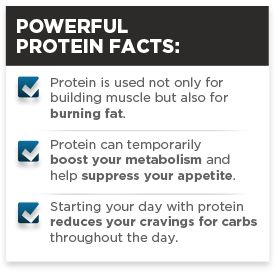

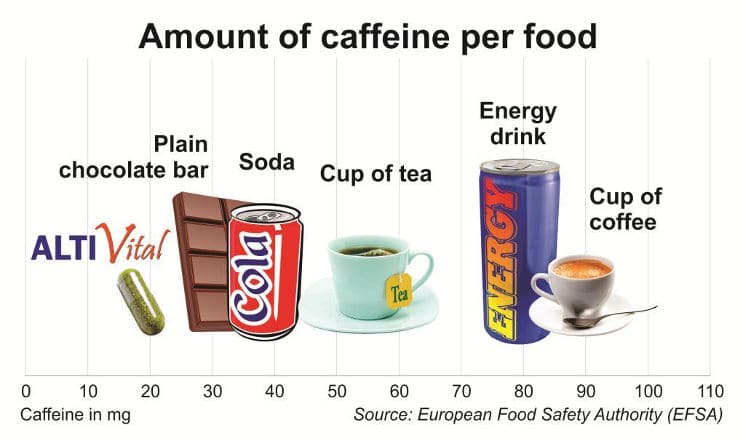


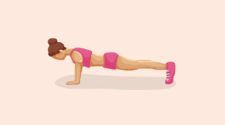
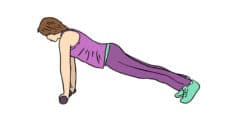

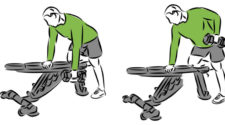
Creatine tastes pretty good and mixes well I have definitely gotten results. I can lift more and see increased muscle tone after just a month of use. Creatine tastes pretty good and mixes well, but the company really wants you to use the supplement everyday and twice a day during workouts. The product won”t even last 30 days at this rate. At this price point, I don”t think it is worth it. My personal trainer thinks it”s mostly a marketing gimmick. Creatine should have a load phase to get it in your system, but after that it is only